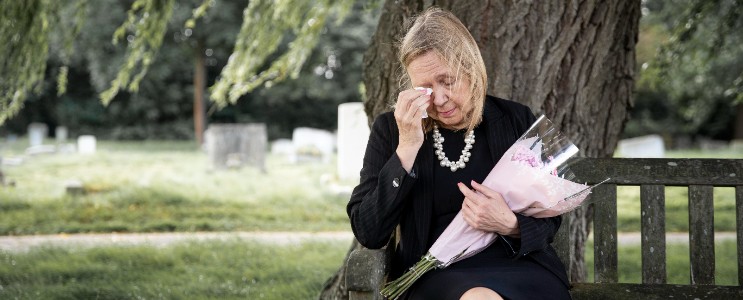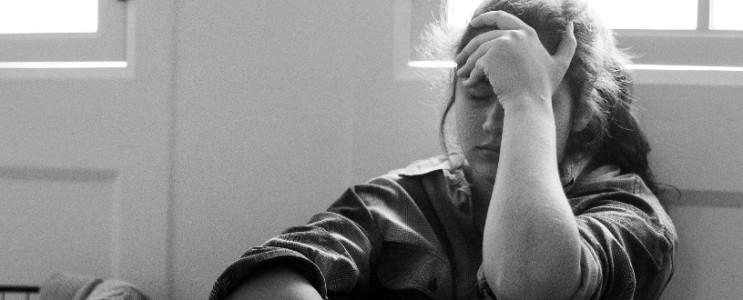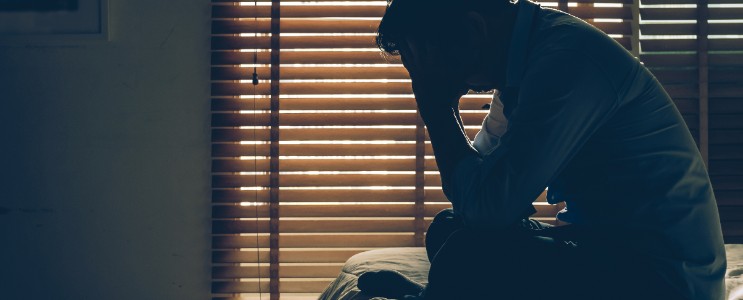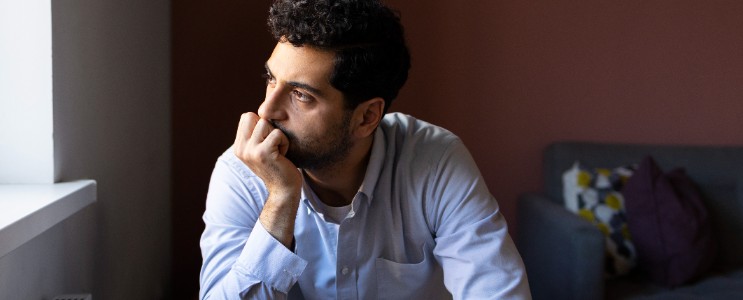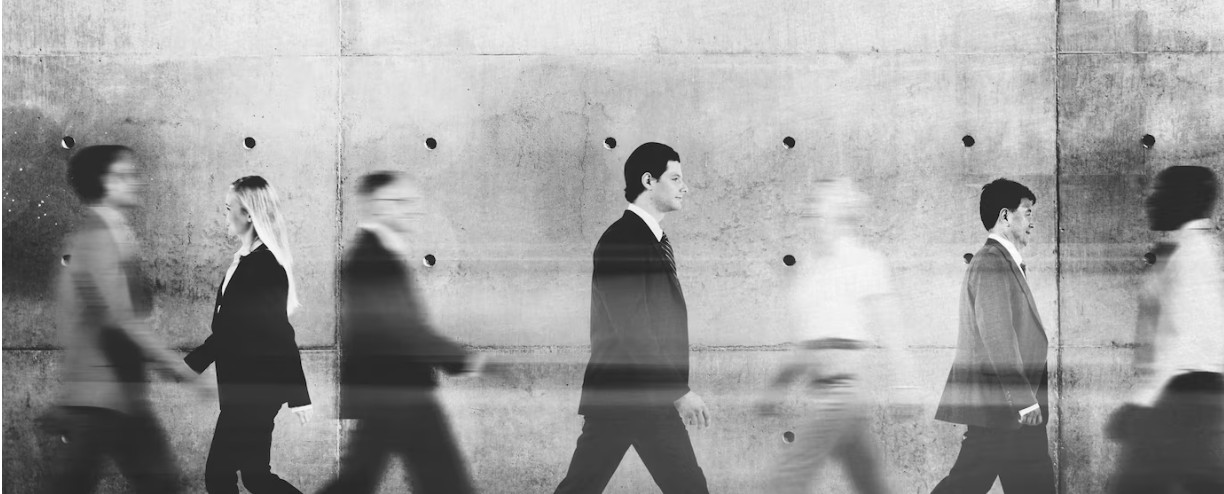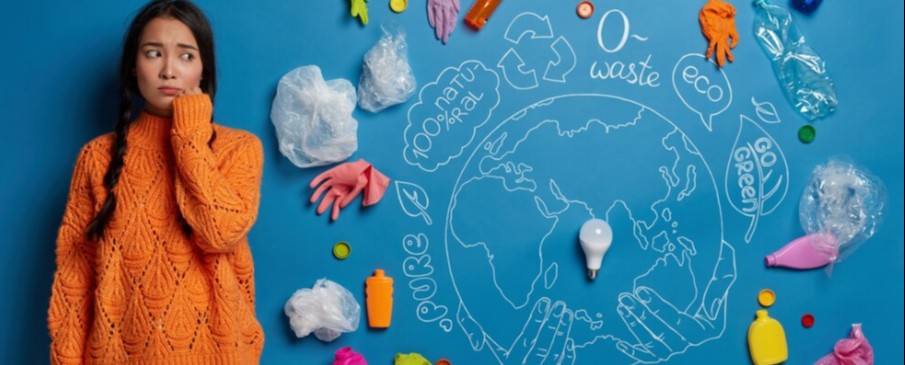
Are you sad or depressed?
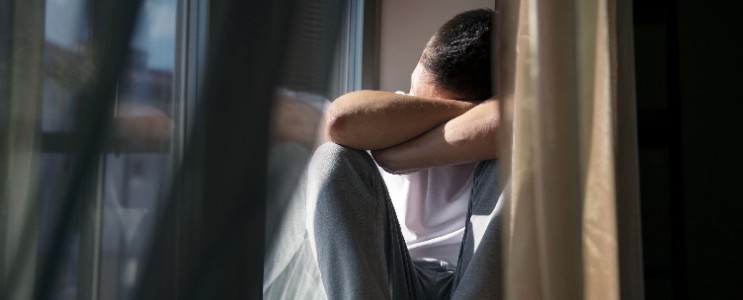
Depression is a serious and complex mental health issue that can be difficult to understand, even for those who have experienced it themselves. It's not uncommon for people to confuse sadness with depression, but the two are very different experiences because they are not sure what depression feels like and what does sad feel like. If someone has opened up to you about being depressed, it's important to respond in a way that acknowledges the seriousness of what they're going through. While your efforts to be supportive are appreciated, it's also important to understand the difference between sadness and depression so that you can provide the best possible support.
What is Sadness?
Sadness is a universal human emotion, a response to specific events that elicit feelings of loss, disappointment, or frustration. It is a natural part of the human experience, often triggered by situations such as the end of a relationship, the loss of a loved one, or unmet expectations. Sadness is typically a transient state, subsiding as individuals process and adapt to the triggering event.
What does Sad Feel Like:
Physically, sadness might manifest as a heaviness in the chest, tears, or a general sense of discomfort. Emotionally, it prompts reflection, fostering personal growth. Acknowledging and expressing sadness is crucial for navigating these emotions effectively.
What is Depression?
Depression, on the other hand, transcends the transient nature of sadness. It is a mental health disorder characterized by persistent feelings of sadness, hopelessness, and a lack of interest or pleasure in activities. Unlike sadness, depression may not have an apparent cause and can endure for weeks, months, or even years, significantly impacting daily life.
What Depression Feels Like:
Depression can be physically and emotionally debilitating. It may involve changes in appetite, sleep disturbances, low energy, difficulty concentrating, and, in severe cases, thoughts of death or suicide. Depression often requires professional intervention, as its roots can be complex and multifaceted.
Differentiating Sadness and Depression:
While sadness and depression share the common thread of emotional distress, the key difference lies in duration, intensity, and impact on daily life. Sadness is a natural response to specific events and tends to diminish over time, whereas depression is a pervasive and enduring state that can affect all aspects of a person's life.
Managing Sadness:
- Acknowledgement and Expression: Recognize and accept your feelings without judgment. Talking to friends, family, or a therapist can aid in processing emotions.
- Self-Care: Engage in activities that bring comfort or joy, fostering a sense of well-being.
- Perspective: Understand what does sad feel like and remember it is a temporary aspect of life, allowing for personal growth and resilience.
Managing Depression:
- Professional Help: Consult a mental health professional at CherafulHealth for an accurate diagnosis and tailored treatment plan.
- Therapy: Cognitive-behavioral therapy (CBT) and other therapeutic approaches can provide effective coping strategies.
- Medication: Antidepressant medications may be prescribed under a doctor's supervision.
- Lifestyle Changes: Regular exercise, a balanced diet, and sufficient sleep contribute to overall well-being.
- Support System: Cultivate a network of supportive friends and family.
Recognizing and understanding what does sad feel like and depression is a critical step toward promoting mental health and well-being. Both emotions, while challenging, are navigable with the right support and resources. Seeking professional help when needed ensures a comprehensive approach to emotional well-being, fostering resilience and a pathway to recovery.
If you are unhappy, feeling down and always have negative thoughts talk to a well-being specialist and book an introductory session for $5
Articles
Build your awareness and get inspired with our researched articles on how you can strengthen your well-being
Popular Topics
An OTP has been sent to the email address
provided.
Please check your Inbox and Spam folders.

What Would You Like to Speak with a Specialist About?
Mental Fitness Journey starts Now!
Chearful Connects you with Top-tier Qualified Wellness specialists for the Price of a cup of Coffee!

Next Steps
- A Client Team member will reach out to you to schedule a session with the most suitable specialist.
- You will receive an email with a 10% Discount Code* for your 1st session.
- We invite you to Explore the Platform & Sign Up today! *Upto a maximum of $10 discount on a session purchased




 2254 Read
2254 Read



.jpg)





.jpg)
.jpg)
.jpg)
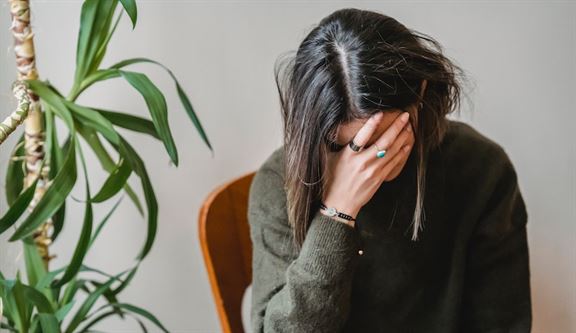
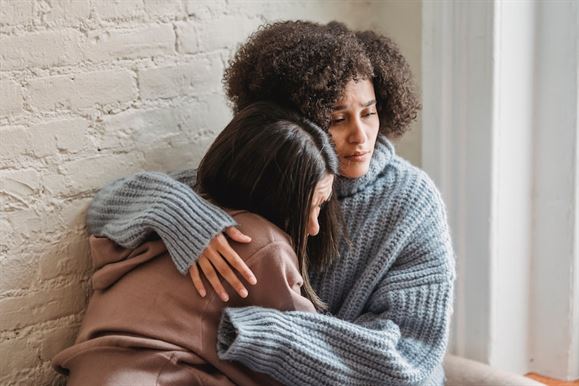

.jpg)

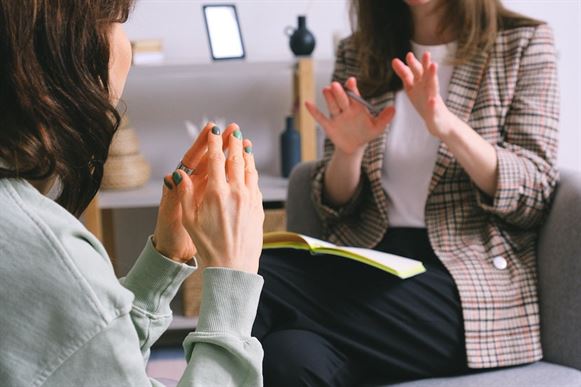









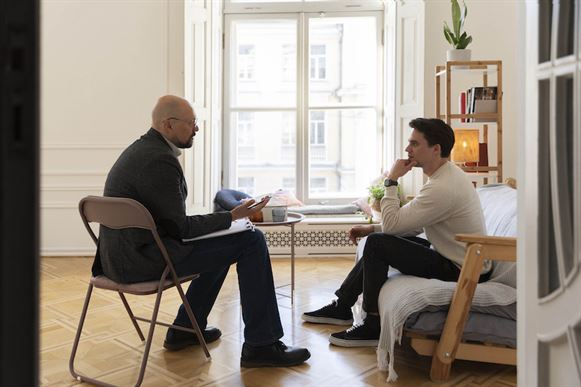






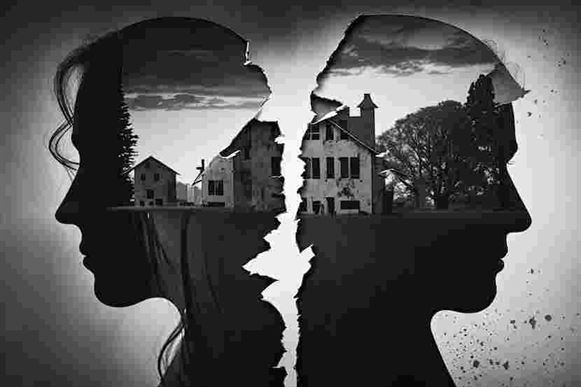
.jpg)
.jpg)


